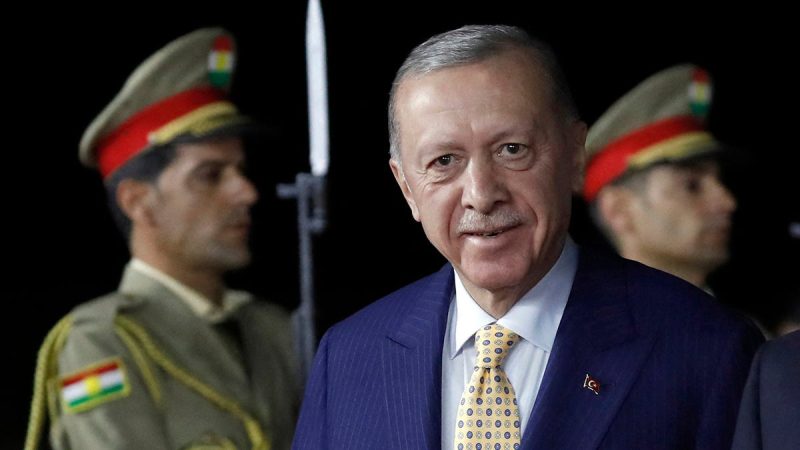In a recent development, Turkish President Recep Tayyip Erdogan has come forward to defend Hamas, a Palestinian militant group, claiming that over 1,000 of its members are currently receiving treatment at hospitals in Turkey. Erdogan’s remarks have sparked controversy and raised concerns about Turkey’s support for organizations deemed as terrorist groups by some.
The relationship between Turkey and Hamas has long been a point of contention on the international stage. While Turkey sees itself as a supporter of the Palestinian cause and views Hamas as a legitimate resistance movement, many Western countries and Israel consider Hamas to be a terrorist organization due to its history of violence and attacks on civilians.
Erdogan’s open acknowledgment of providing medical aid to Hamas members is likely to strain Turkey’s already tense relations with key allies. The decision to offer medical assistance to individuals affiliated with a group labeled as a terrorist organization by some is a bold move that could have diplomatic repercussions for Turkey.
This move also raises questions about Turkey’s overall foreign policy strategy and its approach to regional conflicts in the Middle East. By openly supporting Hamas in this manner, Turkey risks being seen as aligning itself with extremist groups and undermining international efforts to combat terrorism.
Furthermore, Erdogan’s statements might have domestic implications as well. With Turkey facing economic challenges and political unrest, the decision to prioritize support for Hamas members over addressing issues at home could result in criticism from within the country.
Overall, Erdogan’s defense of Hamas and his claim that over 1,000 of its members are receiving treatment in Turkish hospitals will likely have far-reaching consequences. It remains to be seen how Turkey’s allies and the international community will respond to these remarks and whether Erdogan’s stance will lead to further isolation on the global stage.




























